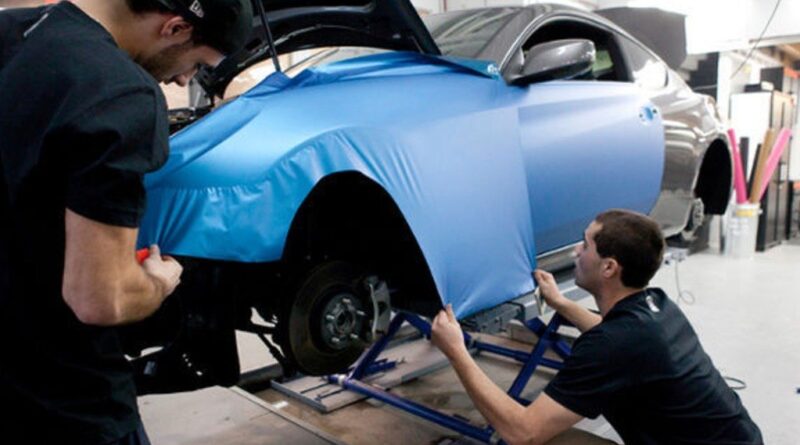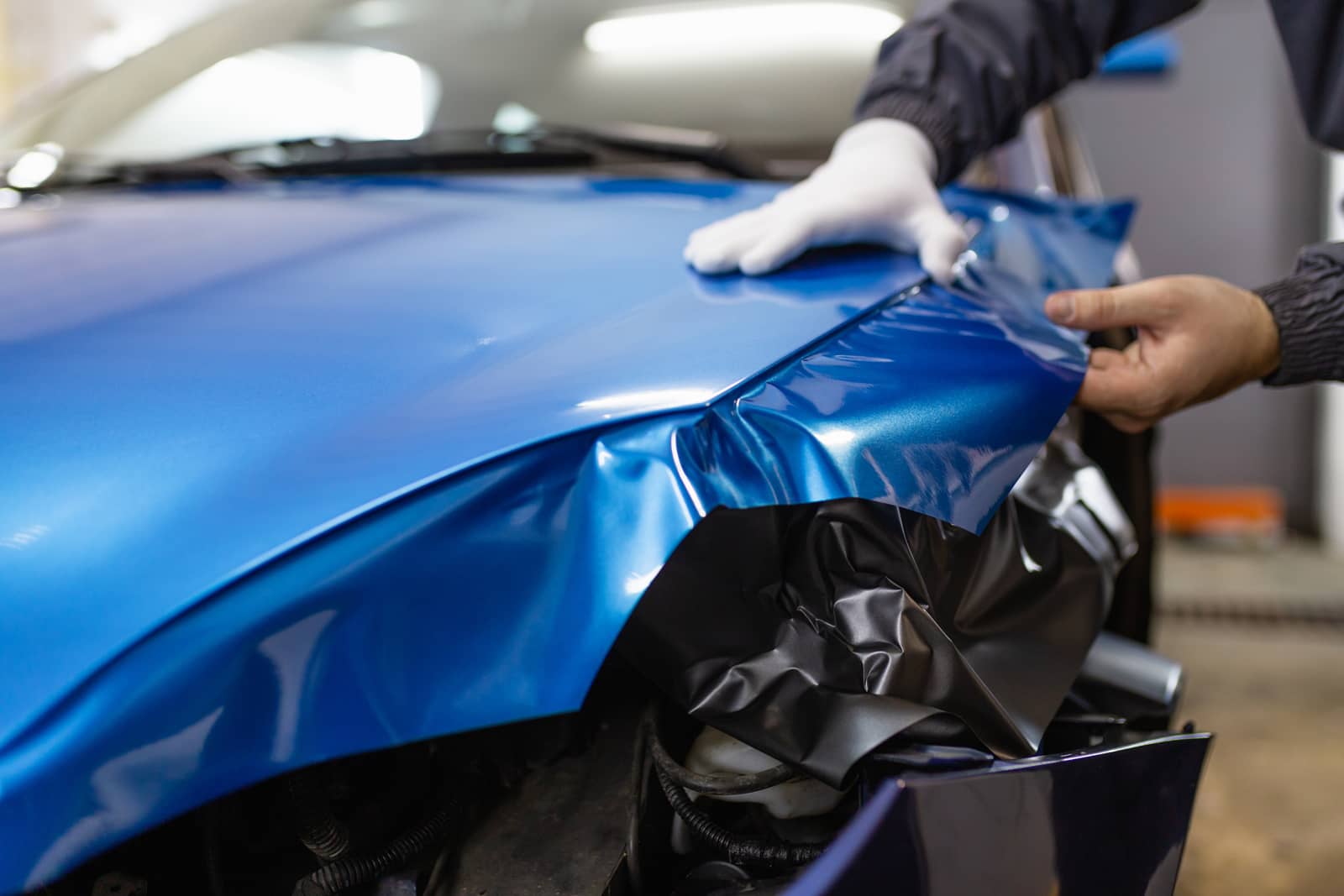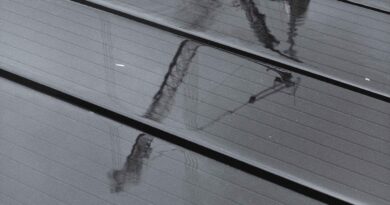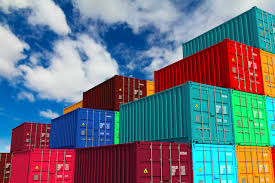Car Wrapping – FAQS
Introduction
Most people would agree with the saying that a car is an expression of what you are. Car manufacturers have various models of cars to market a variety of similar cars. Regardless of the body styles of the cars, one can customize their vehicles to their preference. “Car wrapping remains extremely popular marketing and advertising choice amongst local businesses and companies with a fleet of vehicles”, according to Print Sauce in Cardiff. Amongst the most popular customisations of cars is vehicle wrapping. It is common especially to those who view repainting as being too expensive. There continue to be a lot of questions around this process.
What is car wrapping?
It is the process of overlaying a car’s original paint with a thin, pliable, and adhesive vinyl. Previously, it was common for having the surface of the car available for advertisement purposes. It has grown to design cars to have a different outlook and a more affordable option compared to repainting the car. The vinyl coat could be an entirely different colour with a new design and texture. This could feature a matte or gloss finish. There are no limits to the design be it for advertisement or to change the outlook for a privately owned vehicle.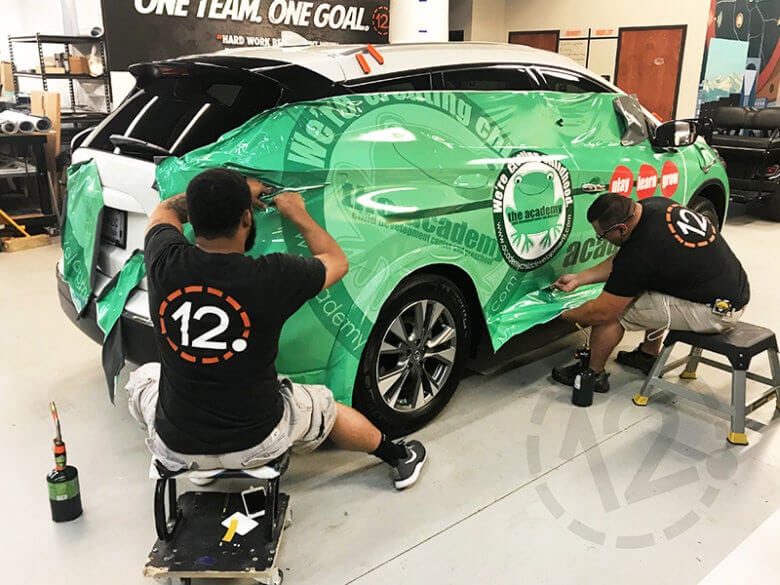
What are the types of vehicle wrap available in the market?
The following are types of wraps available:
- Glossy wrap: This resembles the outlook of the original paint only that its finish is smoother. It provides a more stylish feature to the car.
- Matte Wrap: It provides for a matte finish and does not allow light to reflect on the surface of the vehicle. This provides a more unique style.
- Satin Wrap: It has more gloss than matte and reflects minimal light on the surface. It offers a sleek and professional look hence can be used for advertising.
- Brushed
- Wrap: The brushed texture wrap and brushed material wrap are unique with the texture wrap being sharper.
How to prepare for a car wrap?
One of the most commonly asked questions regarding car wrapping is what preparation is involved. It is essential to have the vehicle prepped before taking it for a wrap. It is advisable to have all repairs done and have the car cleaned from dust, oil, or any particles. This allows for the vinyl to attach well to the surface. It also prevents the vinyl from forming scratches or bubbles after it is installed.
How is the vehicle wrapping applied?
You can work with specialist designers to assist with the design of your car wrap. Once you chose a design, car wrap specialists will take measurements of the car. It is to ensure that the vinyl to be prepared for the car is befitting for the graphics and patterns to be applied.
The graphics are printed and overlaid with a laminate film to protect the vinyl against the sun’s UV rays. If the car had not been cleaned before, it is cleaned thoroughly to allow for the vinyl to stick.
Technicians utilize squeegees to ensure there are no bubbles or lumps on flat panels such as the roof or doors. Heat guns are used on curved surfaces such as the bumper to ensure the vinyl fits.
Can I only wrap a part of my vehicle?
Yes, you can. There is a full vinyl wrap and a partial vinyl wrap. In the case of a full vinyl wrap, the vinyl covers the entire car while for a partial vinyl wrap, it only covers a part of the vehicle. This type is mostly used for advertisements such as rear doors or sides of the vehicle.
How long will my car wrap last?
The typical period for your car wrap is five to seven years as they are not intended to be permanent.
How do I maintain the car wrap on my vehicle?
Ensure to keep your vehicle car wrap clean to preserve the outlook. It is through brushless or hand wash with hand waxing that will maintain it.
How much does it cost to have a car wrap?
Various factors contribute to the costing of vehicle wrapping. These include:
- The size of the vehicle
- Whether it is a full vinyl wrap or a partial wrap
- The type and quality of vinyl used
- The type of design and finish of the car wrap
- The professionalism of the company doing the car wrap.
The general price range of vehicle wrapping is from £1000 to £7000 having all the above into consideration.
What are the benefits of car wrapping?
There are several benefits to have a car wrap. These include:
- It provides a complete revamp through the colour, texture, and design
- It is a more affordable option than respraying the vehicle
- It protects the paint job of the car. The vinyl has UV protection and avoids scratches and wear and tear.
- It is reversible and will not affect the resale value of the vehicle.
- You can attain a matte finish
What to consider before getting a car wrap?
It is important to check with your insurer if they consider a wrap as a modification to a vehicle. Their policy may have an impact on the insurance premium.
In addition, it is required of you to inform the DVLA of a wrap as it affects the colour change of your vehicle. The registration certificate of the vehicle is to be updated. The cost of removing a car wrap is usually around £495.
